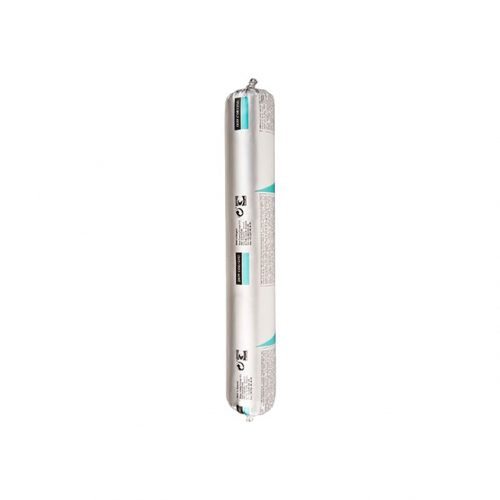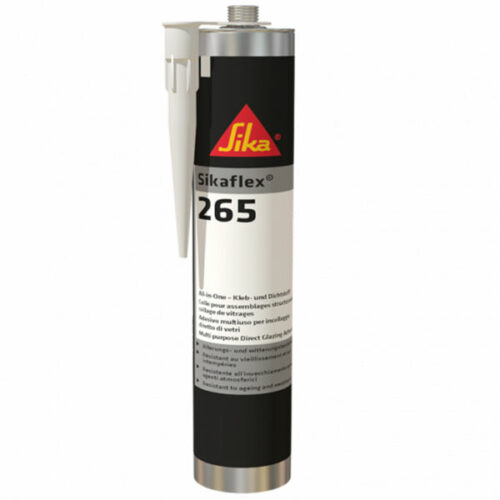Glazing sealants are essential components in the construction and maintenance of architectural buildings and structures as well as vehicle and aerospace applications serving as a barrier against the elements. These versatile products are used to secure glass or other transparent surfaces in windows, doors, skylights, and other types of glazed openings.
Alsco’s range of high-quality glazing sealants offers excellent durability, flexibility, and adhesion, ensuring long-lasting protection against water, air, dust, and noise infiltration. Whether you are working on a new architectural construction, vehicle or aerospace project or making repairs to an existing structure/assembly, we have suitable glazing sealant for your needs. Browse our selection to find the perfect solution for your next project.
Showing all 2 results
-

Dowsil 3793 600ml Black
£27.16 Excl VATAdd to basketSold only in Full Box Quantities.
Outstanding resistance to UV and moisture
Good adhesion to a range glasses, metals and some plastic spacers
Fulfils requirement for secondary sealant for insulated glass units used in structural glazing specified by EOTA
Excellent weathering properties
Good mechanical properties, high tear strength, elongation and tensile strength -

Sikaflex 265 – 300ml
£13.52 Excl VATRead moreSold only in Full Box Quantities.
Colour: Black
Single component polyurethane
Fast curing
For bonding toughened and laminated glass
High performanceSikaflex 265 is a weather-resistant sealant and adhesive for direct glazing. This polyurethane adhesive fills gaps and cures when exposed to atmospheric moisture, forming an elastomer of lasting durability. Because of its excellent weathering resistance, it is ideal for use in exterior joints. The product is manufactured by Sika, known for its Sika primer, SikaBond adhesives and Sikaflex sealants.
FAQs
What Is a Glazing Sealant?A glazing sealant is used for sealing glass to frames or other materials. Glazing sealants are typically made of silicone (Architectural), polyurethane (Vehicle), or polysulfide (Aerospace). They are designed to provide excellent adhesion, flexibility, and weather resistance. When applied properly, they form a permanent, flexible bond that can withstand the effects of ageing, weathering, and temperature fluctuations.
Compatibility: Choose a glazing sealant that is compatible with the type of glass or transparent surface you are sealing, as well as the surrounding materials.
Performance characteristics: Consider weather resistance, durability, flexibility, and adhesion.
Application method: Some glazing sealants are applied manually, while others require specialised equipment.
Cure time: Consider the time required for the glazing sealant to cure or harden, and choose a product that fits your schedule and timeline.
Aesthetics: If the glazing sealant is visible, look for a product that is available in a colour that matches the surrounding materials or that can be painted over.
Certification: Look for glazing sealants certified by relevant industry organisations or tested to meet specific performance standards.
Several types of glazing sealants are available, each designed for specific applications and environments. These include:
Vehicle glazing sealant: This type of sealant (typically Polyurethane or Hybrid Polymer) are specifically designed for use in the vehicle industry (Automotive/Truck & Bus), providing a secure bond between the glass panels and the vehicle body.
Architectural glazing sealant: This type of sealant (typically silicone) is used in direct glass bonding for buildings, construction of insulated glass units and peripheral secondary sealing of all types of double-glazed units. It provides a barrier against air and moisture infiltration, enhancing the energy efficiency and comfort of a building or structure.
Aerospace glazing sealant: These materials (typically Polysulphide) have been used for many decades and are well proven for use in all types of commercial and military aircraft for sealing all types of glazing applications against extreme temperatures and for resistance to aviation fuels (for fuel tanks).

